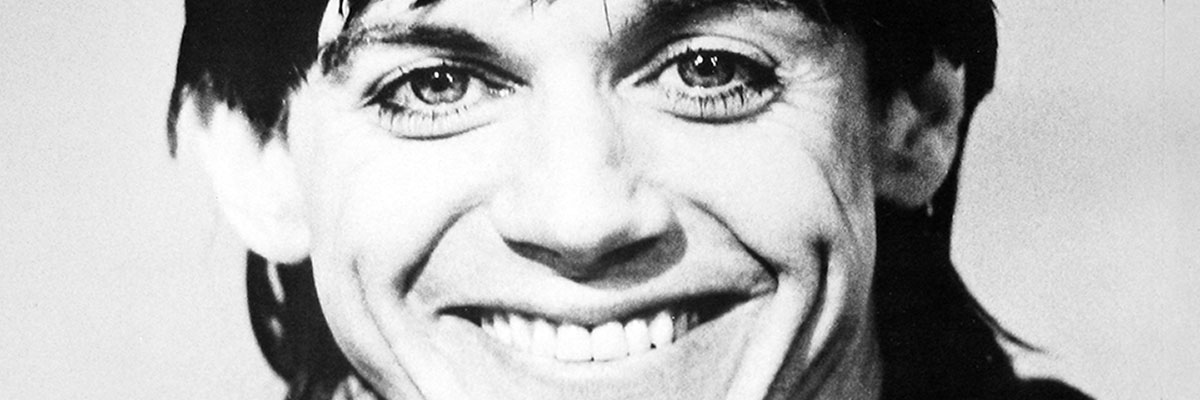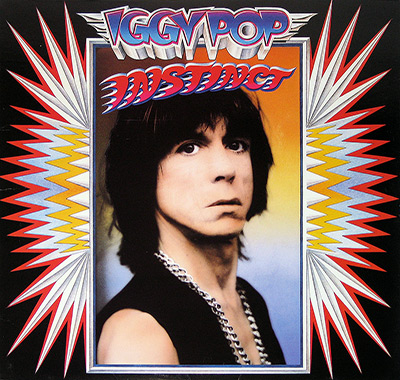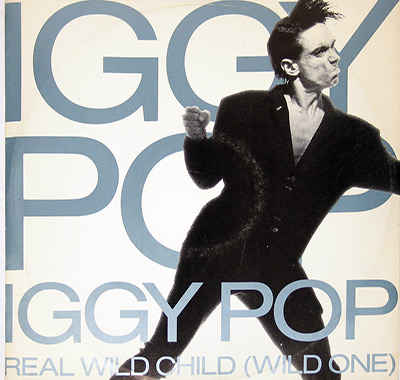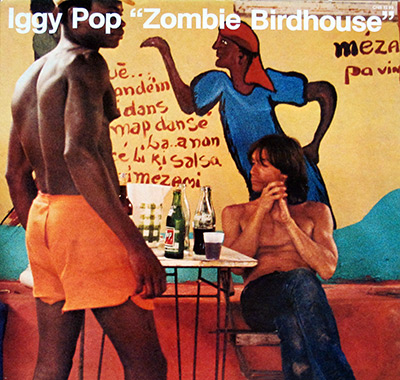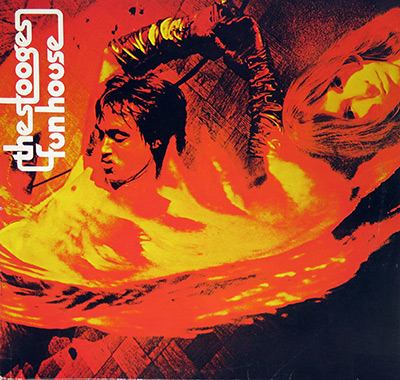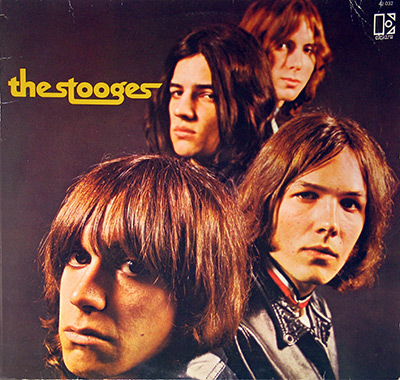Iggy Pop Description:
Iggy Pop (James Newell Osterberg Jr.) is the American rock singer who made “too much” sound like a philosophy. Born April 21, 1947 in Muskegon, Michigan, he came up out of the Ann Arbor/Ypsilanti orbit and spent the next five decades proving that restraint is optional.
Early Life and Career
The origin story isn’t glamorous: a Michigan kid, a family trailer park in Ypsilanti, and a head full of noise that wouldn’t politely stay inside. He started as a drummer, knocking around local bands before he became the kind of frontman who looks like he’s trying to crawl out of the song.
In the mid-to-late 1960s he drifted through the Ann Arbor scene, then took a detour to Chicago to get closer to the blues up close, sweaty, and unromantic. When he came back, he linked up with Ron and Scott Asheton and Dave Alexander and lit the fuse on the Stooges (formed in 1967).
The Stooges’ debut landed in 1969 (produced by John Cale), and it didn’t arrive like a handshake. It arrived like a kicked door. The first time I heard “I Wanna Be Your Dog” on a battered record, the room didn’t “appreciate” it — it froze, then started laughing in that nervous way people do when something gets under their skin.
Where the Name Came From
This wasn’t some tidy “rebrand after a breakup.” “Iggy” was already stuck to him because of his earlier band name (the Iguanas), and “Pop” came from local lore — a character named Jim Popp (the kind of nickname you don’t choose so much as inherit). The point wasn’t to sound respectable. The point was to sound like somebody you can’t ignore.
Career Success
The Stooges made three albums — The Stooges (1969), Fun House (1970), and Raw Power (1973) — and still managed to be chronically under-rewarded in real time. They fell apart in 1974, because of course they did. Bands like that don’t “wrap up a chapter.” They detonate.
Then came the Bowie years: The Idiot (released March 1977) and Lust for Life (September 1977). Bowie produced the first; the second was a shared operation, with Pop pushing harder to steer his own wheel. You can hear the difference: one record stares at you; the next one runs at you.
On the side, he turned up on film sets too — a blink-and-you-miss-it moment in The Color of Money (1986), and later in Jim Jarmusch’s Dead Man (1995). He doesn’t “act” so much as exist loudly in the frame, which is kind of the brand.
Legacy
People call him the “Godfather of Punk,” which is a grand title for a man who spent years looking like he’d rather bite through the microphone cable than accept an award. His real legacy is simpler: he made a whole generation realize you could strip rock down to nerve, rhythm, and bad intent — and it would still live.
The Stooges went into the Rock and Roll Hall of Fame in 2010, which is history finally catching up while pretending it was there all along. After that, Pop kept swerving: in 2012 he released Après, a covers-heavy record that leans into French songs and late-night mood instead of trying to relive 1969 forever. That’s the trick with him — he doesn’t do nostalgia. He does survival.
